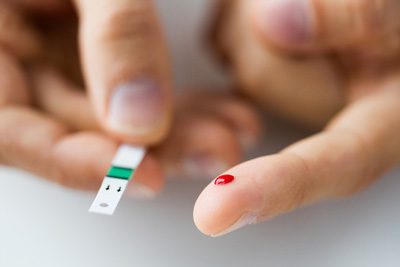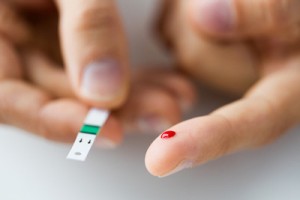Victoza provides greater glycaemic control than SGLT-2 inhibitors
Posted: 2 December 2015 | | No comments yet
Novo Nordisk has released new data that shows Victoza (liraglutide) provides a greater HbA1c reduction and an improved likelihood of reaching glycaemic goals compared to sodium-glucose cotransporter 2 inhibitors…


Novo Nordisk has released new data that shows Victoza (liraglutide) provides a greater HbA1c reduction and an improved likelihood of reaching glycaemic goals compared to sodium-glucose cotransporter 2 (SGLT-2) inhibitors.


These new findings come from a network meta-analysis of people with type 2 diabetes who are inadequately controlled with metformin alone or in combination with sulfonylurea, dipeptidyl peptidase-4 (DPP-4) inhibitors or thiazolidinedione.
The meta-analysis evaluated the relative efficacy of Victoza to SGLT-2 inhibitors, including canagliflozin, empagliflozin and dapagliflozin. In an analysis of 17 randomised controlled trials (RCTs), Victoza demonstrated greater reductions in mean HbA1c compared to all SGLT-2 inhibitors.
“In the absence of head-to-head trials, this analysis provides valuable insight into the comparative outcomes with liraglutide versus SGLT-2 inhibitors in people with type 2 diabetes uncontrolled on oral antidiabetic treatments,” said Maria Lorenzi, MSc, research manager, Redwood Outcomes, CA, US.
Victoza is commercially available in more than 80 countries
The networks of evidence analysed to evaluate the relative efficacy of Victoza compared with approved SGLT-2 inhibitors were based on available data from RCTs that were published when the meta-analysis was initiated.
Victoza is a human glucagon-like peptide-1 (GLP-1) analogue with an amino acid sequence 97% similar to endogenous human GLP-1. Like natural GLP-1, Victoza works by stimulating the beta-cells to release insulin and suppressing glucagon secretion from the alpha cells only when blood sugar levels are high. Due to this glucosedependent
mechanism of action, Victoza is associated with a low rate of hypoglycaemia. In addition, Victoza reduces body weight and body fat mass through mechanisms involving reduced appetite and lowered energy intake.
Victoza was launched in the EU in 2009 and is commercially available in more than 80 countries with more than three million patient years of use in people with type 2 diabetes globally.



